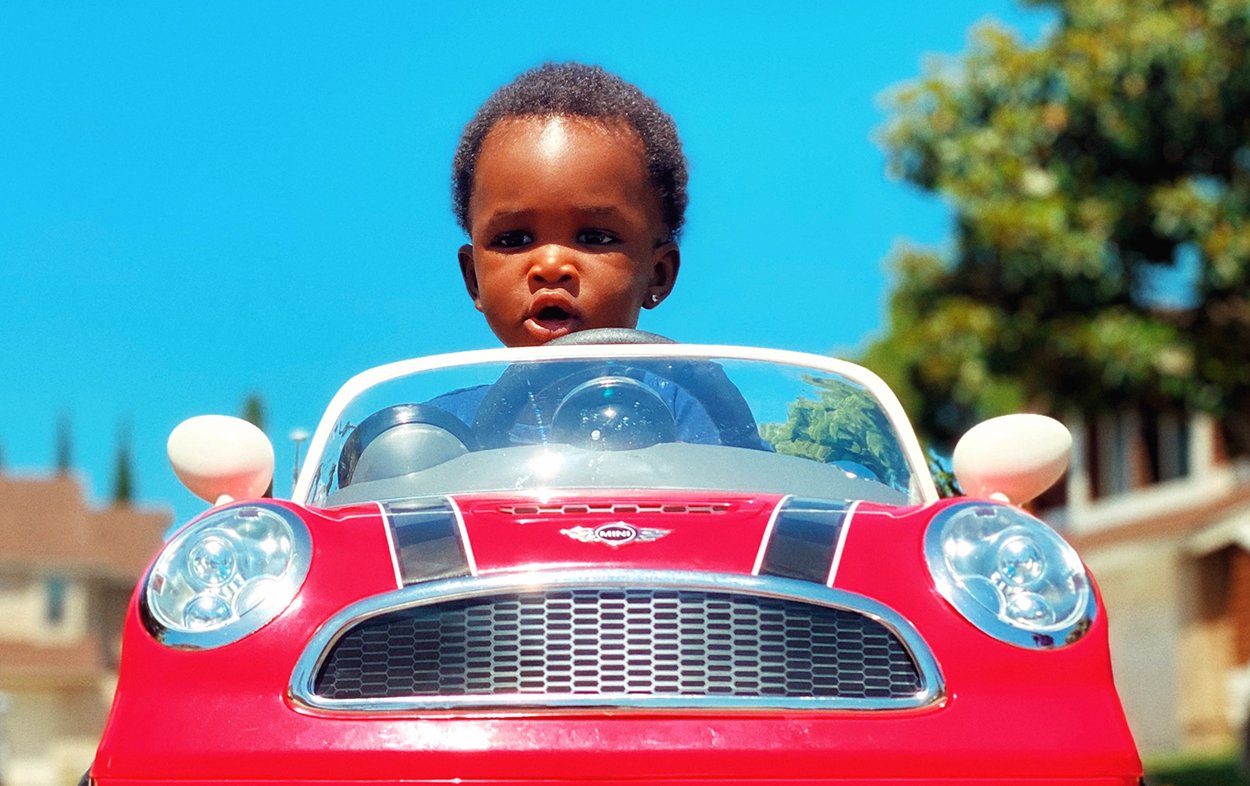By Holly Hartman
Our community welcomed 753 new citizens in 2020; that is the number of babies born in Payne County that year, and a similar number no doubt arrived in 2021. We see them around town in strollers, car seats, shopping carts and caregivers’ arms. Unless they are exercising their considerable lung power in the middle of a meltdown, most of us give toddlers little attention other than to offer a goofy grin if they happen to look our way. But there is a lot going on inside these small people!
Our youngest children are in their most formative time of life. These future rock stars, astronomers, doctors, car mechanics, artists, and teachers have brains and bodies that will never again grow at such a rapid pace, nor develop with such complexity. The acceleration of growth and learning in the first three years, compared to the rest of our years, is like a Formula One racecar compared to a Toyota Corolla.
While we humans are clearly growing in size during the first thirty-six months of life, we are also constructing the foundational emotions, attitudes, knowledge and skills that will carry us through the rest of our lives. From birth to age three, typical children rack up some impressive gains:
Physical: At birth, babies have zero muscle control; by age three, they run, jump, focus attention, feed themselves and might even be potty-trained!
Emotional: At birth, emotions are undifferentiated primal sensations; by age three, they not only express their feelings, they can turn them on and off in response to a situation.
Vocabulary: from 0 to 1,000 words – whew!
Social: At birth, babies literally don’t know they are a separate being from their mother; by age three, they can read other people’s intentions and show empathy.
You may ask what have I learned in the last three years? Comparatively little!
What I do know is that there are only a few basic things we need to do to help our little ones grow to the best of their potential. The Basics are five parenting and caregiving strategies that support young children’s social, emotional and cognitive development. They were developed from research by the Achievement Gap Initiative at Harvard University in collaboration with a national expert advisory committee. The Basics don’t require fancy toys or extra hours in the day – they can be a part of everyday routines at home and school. They include:
In coming months, the Early Childhood Coalition will be sharing The Basics with organizations and individuals across our community who believe that supporting families with young children is a key to building a strong and vibrant community. Get in touch with us through our website or Facebook page if you’d like to join our efforts!
Holly Hartman is an early childhood educator, author, and member of the Early Childhood Coalition.


